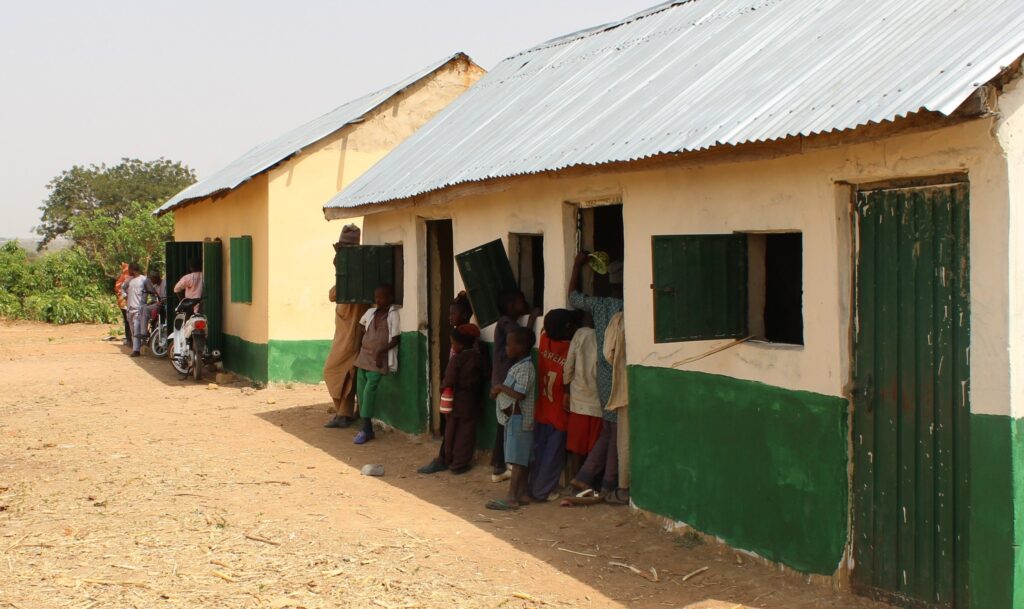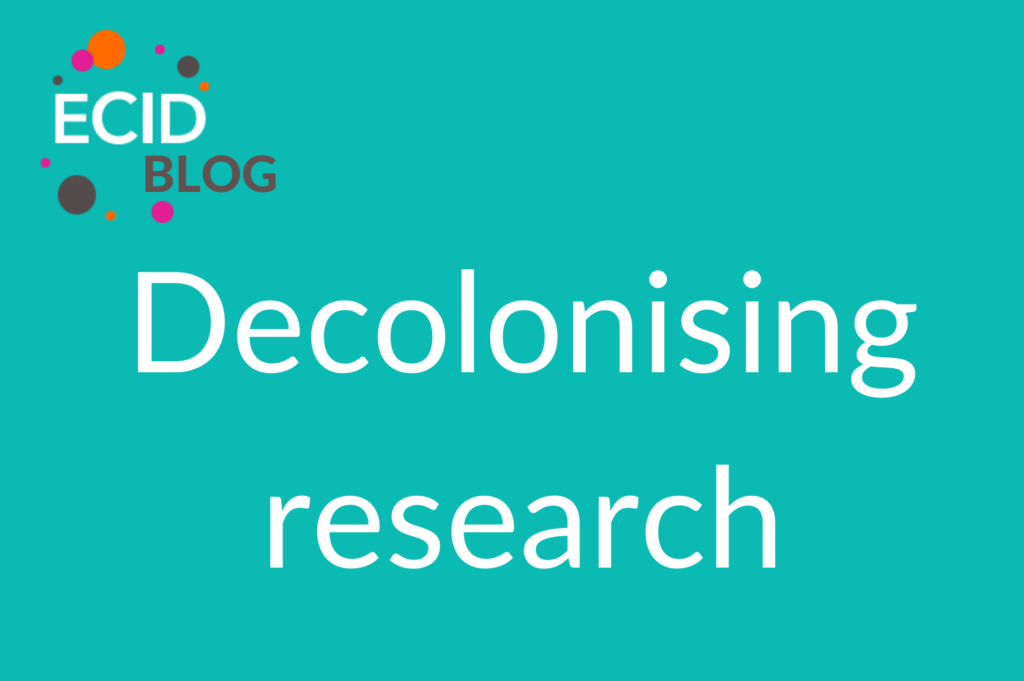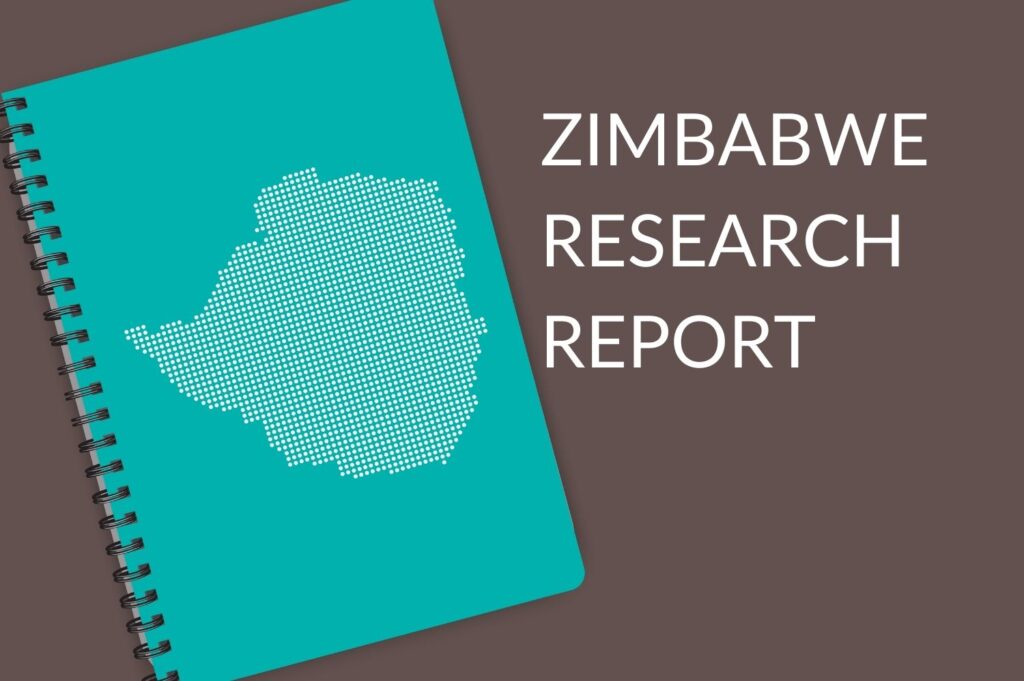Day of the African Child, June 16th 2020
Equal access to education for all children in Nigeria
The Day of the African Child was first commemorated in 1991 as a day to remember those who lost their lives in the struggle for equal access to education. To this day on June 16th this helps to raise awareness of the issues that African children continue to face in accessing a full education. After almost 3 decades, and despite political actions towards achieving universal basic education[1], shockingly recent statistics show that over 10.5 million children in Nigeria are still out-of-school.

The ECID programme aims to generate evidence that can be used to support policy making that will shift this pattern of inaccessible education for the most marginalised communities.
Barriers to accessing education
ECID operates in the 2 states of Anambra and Kaduna. Recent data generated in the programme reflects the scale and scope of the barriers to accessing education for marginalised communities. This data shows that only 25% of those who prioritise education in these states find it accessible. Surprisingly, despite Anambra State having comparatively high literacy and school enrolment rates to Kaduna State, the data found that those in hard-to-reach and rural locations have common issues between states.
These issues include financial constraints in paying the high cost of school levies, and insufficient resources such as teachers, classrooms and basic teaching and learning materials. There is also lack of facilities such as toilets and limited provisions for people with disabilities.
In Kaduna State some other key barriers identified were early marriage, stigmatisation of people with disabilities and enrolment in Islamic schools rather than conventional schools which do not cover conventional teaching.
In Anambra State there was the added issue of the distance of secondary schools and lack of transport for students to reach them.
Effective policies for marginalised communities
Although there is political will in both states to deliver on universal basic education, and several policies exist to increase opportunities and reduce the number of out-of-school children, these barriers still exist. A review of the education sector policy environment showed that there are challenges in the formulation and implementation of policies that could effectively address these issues. A key challenge is the disconnect between government policies and the experiences of marginalised communities. We know that different marginalised groups face different challenges, so it is crucial that this wide range of perspectives are considered when developing policies. Children with disabilities and adolescents in rural communities from low-income households are among the worst affected groups when it comes to education policy.
For instance, we found that children in riverine areas in remote parts of Anambra are unable to attend school every rainy season due to floods which completely cut them off. However, this is not recognised by the school calendar.
This information, verified with data as evidence of those experiences, can support governments to develop appropriate policies which address the ongoing issue of accessing education for the communities. This could even generate a rippling effect on other sectors, such as infrastructure through the provision of roads or bridges, and enabling freer movement year-round for the communities.
This highlights the importance of monitoring and evaluating policy implementation. This can be done with effective data gathering and usage, ensuring that connections are made between policies and their effects, if any, on citizens.
Although evidence-based policy and decision-making exists to an extent in both states (more in Kaduna than Anambra), government’s responsiveness and accountability to the priorities of marginalised groups is not as effective as it could be, partly due to the limited use of data for planning.
It is, however, positive that some recent government programmes in Kaduna and Anambra States are showing to be increasingly receptive to policymaking based on evidence with government officials more likely to change practice based on research evidence. The ECID programme will continue to generate appropriate research and evidence in order to support government decision making for inclusive and sustainable change.
The Evidence and Collaboration for Inclusive Development (ECID) programme aims to facilitate evidence-based policy and decision-making through the effective use of data to address the issues of marginalised groups. It will contribute to reducing poverty and improving the wellbeing of over 200,000 adolescents, poor rural women and people living with disabilities in Kaduna and Anambra States in the priority areas of education, health, agriculture and infrastructure.
[1] Uninterrupted access to 9-year formal education by providing free and compulsory basic education for every Nigerian child of school age.



